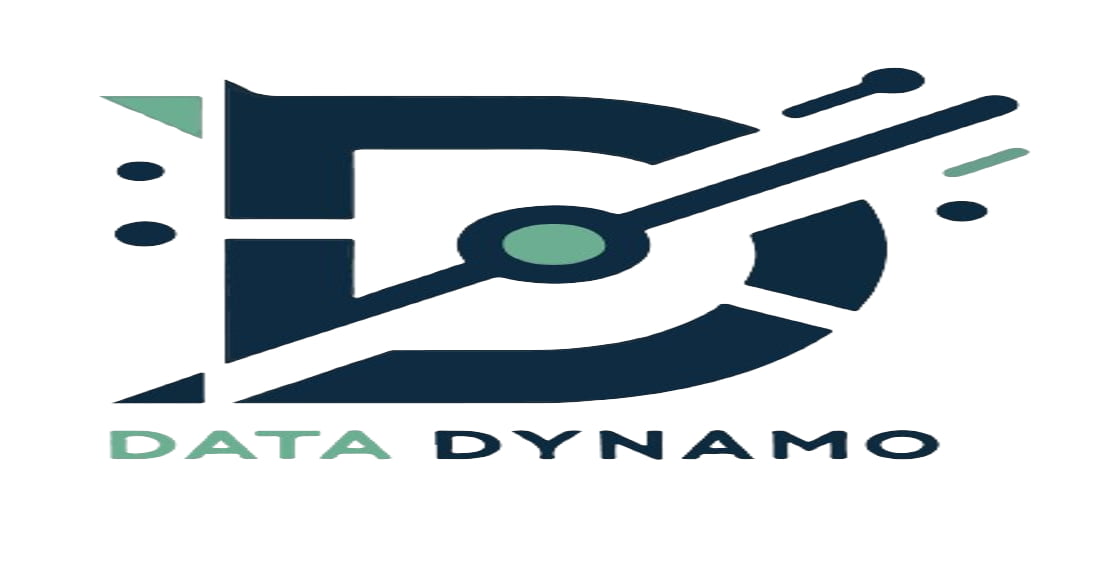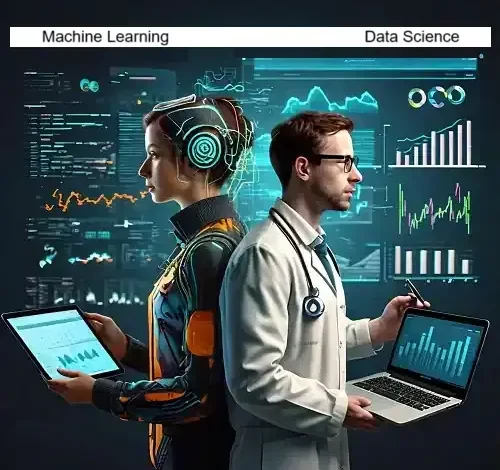
The AI in Accounting and Finance

Table of Contents
Introduction
The advent of AI in the last few years has been a game-changer for many different sectors. The incorporation of AI technology has caused significant shifts in many industries, but two that stand out are accounting and finance. A new age of accuracy, efficiency, and strategic decision-making is dawning in various sectors as a result of AI, which is already changing fundamental functions beyond just automating routine activities.
The Development of AI: From Robots to Smart People

While the idea of using AI in the financial and accounting sectors is not new, the technology has come a long way. Automating data input, invoicing processing, and transaction categorization were the first uses of AI systems. By eliminating room for human mistakes and allowing experts more time to concentrate on higher-value tasks, this revolutionized the industry. The next generation of AI, however, extends much beyond simple automation.
In order to learn and make predictions, modern AI systems can sift through mountains of data. Software driven by AI can now, for example, examine bank accounts, spot irregularities, and even forecast financial trends. As AI progresses from simple automation to complex models, financial experts are able to optimize processes, predict economic situations with remarkable precision, and make better judgments overall.
Read Full Ai in Accounting and Finance
Improving Precision and Decreased Fraud

Improving accuracy is one of the main advantages of AI in the financial sector. Human mistakes often involve financial data since it is frequently complicated and large. On the other hand, AI algorithms are able to process and analyze this data with incredible accuracy, guaranteeing that the information is trustworthy.
Also, AI is beneficial in the identification of fraud. Manual techniques are typically used in traditional ways of detecting fraudulent activity, however, they are inefficient and take a lot of time. In contrast, AI can automatically filter through millions of transactions each second, identifying questionable acts and lowering the probability of fraud. Financial institutions should feel more secure knowing that machine learning models can be taught to spot suspicious trends that might point to fraud.
Read Full Ai in Accounting and Finance
Financial Planning’s Future: Predictive Analytics

Artificial intelligence-driven predictive analytics is changing the game when it comes to budgeting. Artificial intelligence (AI) can accurately forecast future financial outcomes by analyzing past data and spotting patterns. Because it enables people and companies to make data-driven strategic choices, this capacity is priceless.
To better manage their finances, firms may use AI to predict patterns in cash flow, for example. Also, it has the ability to foretell market movements, which helps investors choose wisely. Artificial intelligence (AI) solutions may help people with their personal finances in several ways, including investment management, retirement planning, and tax optimization.
Read Full Ai in Accounting and Finance
Artificial Intelligence and the Accountant’s Work: Collaborating, Not Replacing

People worry that AI will replace accountants, but in fact, AI is more of a collaborator than a rival. With AI taking care of data analysis, accountants can concentrate on making sense of the findings and offering guidance on strategy. Accountants are evolving from being primarily concerned with crunching numbers into more of a strategic advisory position as a result of this transition.
To better assist their customers in navigating the intricacies of financial management, accountants armed with AI technologies may provide more important insights. Additionally, they have the potential to go into more strategic positions inside organizations, where they may help drive development via decision-making.
Read Full Ai in Accounting and Finance
Obstacles and Moral Deliberations

Although there is no denying that AI will improve accounting and finance, we must not overlook the difficulties and ethical concerns that will accompany its widespread use. Since AI systems need access to large volumes of private data, data privacy is a major issue. The safe and ethical handling of sensitive data is of the utmost importance.
Furthermore, concerns of responsibility arise from the dependence on AI. Who is the blame if an AI system offers a wrong forecast or suggestion? As AI develops further, the industry will have to deal with these complicated concerns
Read Full Ai in Accounting and Finance
Conclusion

A new age of efficiency, precision, and strategic insight has dawned in the accounting and financial sectors, thanks to the indisputable impact of AI. Experts in these areas will need to welcome change and learn to use new technology and methods as they improve their jobs.
Accounting and finance will not be dominated by robots in the future; rather, humans and AI will work together to enable experts to surpass their own expectations. The use of AI has the potential to usher in a new era in financial management that is focused less on raw statistics and more on insights, strategy, and innovation.
Learn more at Datadynamo
Read full Ai in Accounting and Finance
FAQs
What is AI doing in banking and accounting, exactly?
Artificial intelligence is changing things by doing boring chores like entering data and sorting transactions. This gives accountants and finance professionals more time to work on bigger issues like strategy and planning.
Will AI replace accountants?
Not in the slightest! You should think of AI as an extremely helpful helper, not as an alternative. Computers are great at adding up numbers and finding patterns, but people still need to understand the information and make smart choices based on it.
Why does AI make accounts more accurate?
Artificial intelligence (AI) processes huge amounts of data very quickly and very accurately, which greatly reduces mistakes made by humans. This makes your financial reports more accurate, which will help you make smarter choices.
Does AI uncover fraud? How do I?
Artificial intelligence does keep an eye on your money. Any transaction that looks fishy will be flagged. It can quickly look over millions of transactions. This cautious method makes it much more difficult for theft to happen.






